- Nutrition - women's extra needs - (https://www.betterhealth.vic.gov.au/health/healthyliving/nutrition-womens-extra-needs)
- Vitamins and supplements during pregnancy - (http://www.pregnancybirthbaby.org.au/vitamins-and-nutrition-in-pregnancy)
- Pregnancy week by week - (http://www.mayoclinic.org/healthy-lifestyle/pregnancy-week-by-week/in-depth/pregnancy-nutrition/art-20045082?pg=1)
- Healthy menopause - (https://www.womens-health-concern.org/help-and-advice/factsheets/focus-series/diet-nutrition-menopause/)
Vital Nutrients Women Need the Most
Nutrition plays a crucial role at every stage of a woman’s life. The nutritional needs of a woman are different from those of a man because their bodies go through various changes during menstruation, pregnancy, breastfeeding and menopause.
Therefore, a balanced diet is essential to meet the daily recommended levels of nutrients to prevent common nutritional deficiencies that can have an adverse impact on the health of a woman.
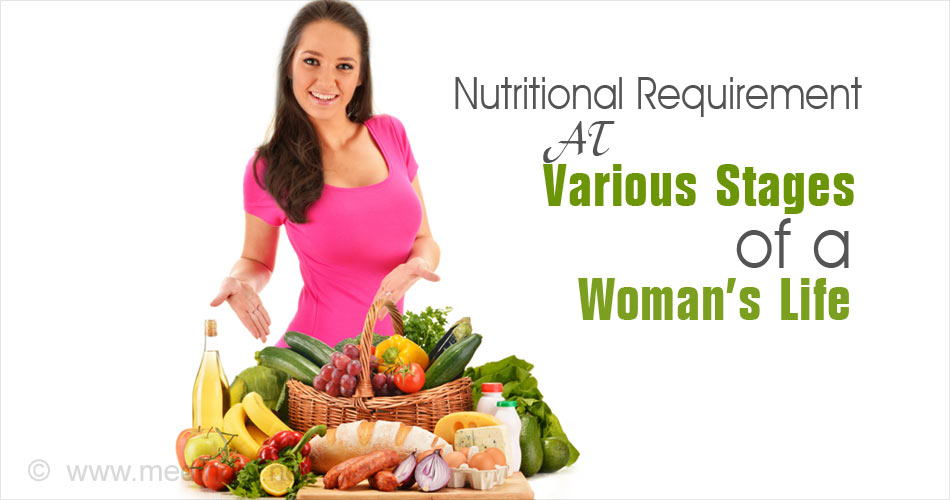
Adolescence:
Adolescence is a crucial period as the nutrients requirement is high to support growth and development. The vital nutrients for adolescent girls are iron, calcium and protein.
- Calcium: Calcium is necessary for the development of healthy bones and teeth in adolescents. Calcium requirements increase during the pre-pubertal growth spurt. Adolescence is a crucial period to build strong bones. A lack of calcium can lead to low bone mineral density, poor mineralization of bones, bone deformities and an increased the risk for osteoporosis later in life. Calcium can alleviate Premenstrual Syndrome (PMS) symptoms and prevent excessive weight gain during adolescence.
The daily recommended calcium intake for adolescents aged 15 to 18 years is 800mg. The dietary sources of calcium include dairy products such as milk, cheese, yogurt, and soy products like tofu. Some of the other sources of calcium are fish with edible bones, green leafy vegetables, and nuts.
- Iron: Iron is an essential micronutrient for growth and brain development. Adolescent girls need an extra amount of iron during menstruation, as it makes them vulnerable to iron deficiency. This, in turn, increases the risk for anemia among them.
Anemia is a condition in which the hemoglobin levels are below 12g/dl. Anemia among adolescent girls can have a negative impact on growth, school performance and mental health. The prevalence of anemia is high among women in less-developed countries. Adolescent girls between the ages of 15 to 18 years require 16mg of iron each day.
A diet high in iron is important for ensuring development and help combat anemia. Some of the dietary sources of iron include beef, lamb, organ meats (liver), green leafy vegetables, and fortified cereals. Consumption of vitamin C containing foods such as citrus fruits will help in the absorption of iron.
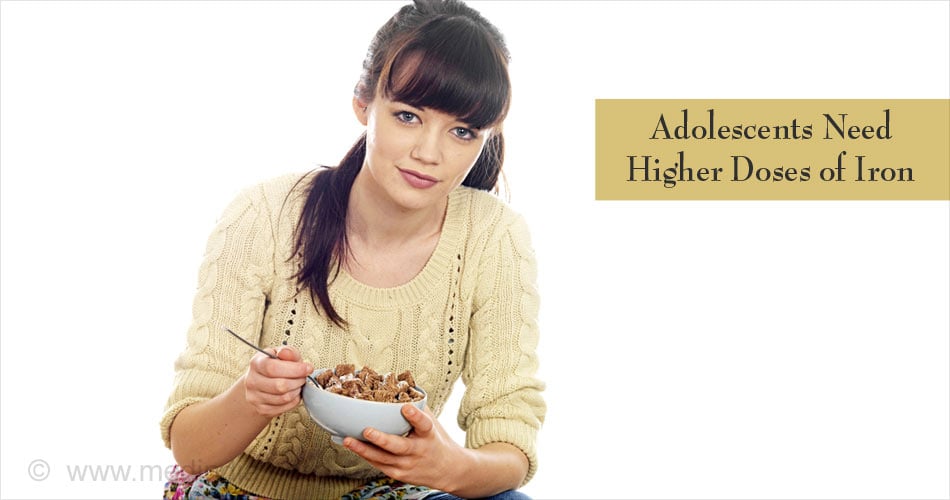
Pregnancy and Lactation:
The nutritional needs of a woman are high during pregnancy. Eating healthy is important to meet the nutritional requirements of the developing fetus and for the mother’s well-being. Eating healthy refers to the quality of the diet and not the quantity of food. A healthy balanced diet is sufficient to meet the nutritional demand during pregnancy and promote the growth and development of the fetus. However, special attention is given to folate, iron, calcium, iodine and zinc.
- Folate: Folate is vitamin B9 that helps prevent birth defects such as spina bifida, and anencephaly. Folate is recommended for women of child-bearing age to prevent neural tube defects and for the growth and development of new cells. It also plays a crucial role in fetal development and lactation.
Folate requirement for pregnant women is 600mcg a day. Some of the good sources of folate are green leafy vegetables, dried beans and peas, citrus fruits and fortified cereals.
- Calcium: Physiological changes during pregnancy increase calcium requirement of an expectant mother. The fetus needs calcium for the development of bones and teeth. Calcium is also essential for the proper functioning of the circulatory, muscular and nervous systems.
The recommended daily intake of calcium for a pregnant woman is 1000mg. The rich dietary sources of calcium are dairy products, fish, tofu, dried fruits (apricots and figs), and green leafy vegetables (broccoli and kale).
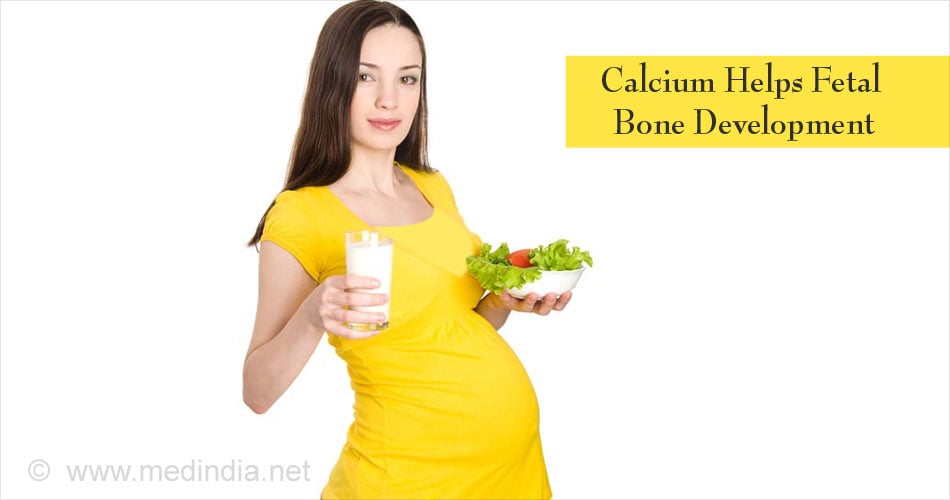
- Iron: Women need increased amounts of iron during pregnancy for the growing baby and placenta. The risk of having a preterm or low birth weight baby increases in iron-deficient pregnant women. The average requirement of iron during pregnancy is 22 to 27mg/day. The best sources of iron are red meat and organ meats. The plant sources of iron are legumes, nuts, whole grains, and green leafy vegetables. Consumption of a glass of any citrus fruit juice (as it is rich in vitamin C) increases the absorption of iron. Avoiding consumption of coffee and tea is important as it can inhibit the absorption of iron.
- Iodine: Iodine is an essential mineral for the developing fetus. It is necessary for the production of thyroid hormone, regulation of body temperature, growth, metabolic rate, blood cell production and nerve and muscle function. Iodine deficiency during pregnancy can result in learning difficulties and motor nerve impairments later in the children.
The recommended intake of iodine during pregnancy is 220µg/ day. Some of the ways of increasing iodine intake are by including iodized salt, seafood in the diet or supplementation of multivitamins that contain iodine is safe for pregnancy.
- Protein: Protein is crucial for the growth of the fetus, especially during the second and third trimesters. Daily protein requirement for pregnant women is 71 grams. The good sources of protein are lean meat, fish, and eggs. Plant sources of protein are dried beans, dairy products, and peanut butter.
- Vitamin C: Vitamin C is essential for healthy gum, tooth, and body tissue formation. The daily requirement for vitamin C during pregnancy is 40 to 60mg. The best sources of vitamin C are citrus fruits, papaya, strawberries, capsicum, and broccoli.
- Zinc: Zinc is essential for rapid cell growth that occurs during pregnancy. It also helps maintain the structural integrity. The daily requirement of zinc during pregnancy is 11mg/day. Some of the sources of zinc are lean meat, seafood, whole grains, legumes and nuts.
A healthy balanced diet is important during breastfeeding because mothers must meet their nutrient requirements, as well as for the production of breast milk. The important nutrients during pregnancy are protein, calcium, iron, vitamins, and fluids. Lactating women are advised to eat a variety of healthy foods from each food group.
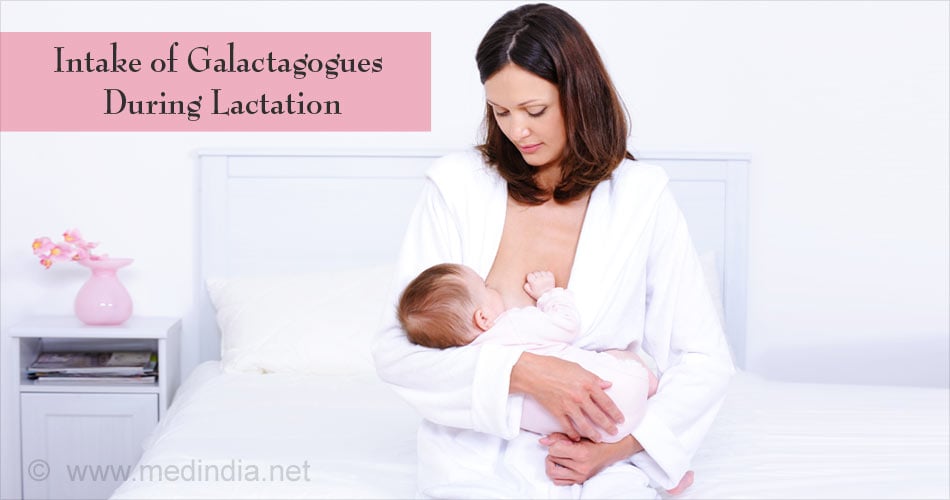
Galactagogues that increase breast milk production can be prescribed. Some of the galactagogues are fenugreek, flax seeds, oatmeal, and fennel seeds. The quantity of food intake may vary depending upon the appetite. Women who are anemic during pregnancy should include iron-rich foods in their diet to replenish their iron stores. Iron supplements can be taken with a doctor’s prescription.
Menopause:
Menopause is a time of transition, the end of reproductive years. Menopause is caused due to the decline or absence of the female hormone estrogen produced by the ovaries. Women reach menopause stage between the age of 40 and 50 years. Menopause can cause changes in energy levels, memory, bone health, heart health and hormones. The symptoms of menopause vary with every woman. Some of the common symptoms include hot flashes, weight gain, sleep disturbances and mood changes. However, some women exhibit no symptoms at all. Good nutrition and healthy lifestyle changes are essential during menopause. Eating right and regular physical activity can help maintain health during and after the menopause.
- Calcium and Osteoporosis: The bone mineral density decreases during menopause and can contribute to osteoporosis. The bones become brittle and fragile from loss of tissue due to hormonal changes, and deficiency of calcium or vitamin D. Increasing calcium intake is necessary to help support healthy bone density. Some of the calcium-rich foods are milk, cheese, yogurt, seafood, broccoli, nuts and seeds.
Phosphorus and Vitamin D should be supplemented for the calcium to be absorbed and deposited in the bones. Some of the phosphorus-rich foods are meat, cheese, onions and garlic. Food sources of vitamin D are oily fish, lentils, egg and fortified milk.
- Antioxidants: Free radicals can cause damage to the cell, including protein, lipids, and DNA. Free radical damage accelerates the aging process. Antioxidants such as vitamins A, C and E are required to scavenge the free radicals and protect the body from damage.
Food sources of vitamin A are carrots, broccoli, sweet potatoes, kale, spinach, leafy vegetables, pumpkin and liver. Vitamin C-rich foods are citrus fruits, kiwi, berries –like blackberries, blueberries, strawberries, peppers, sprouts, kale and spring greens. Vitamin E- rich foods are avocado, almonds, hazelnuts and seeds green leafy vegetables. Wheat germ, whole grain foods and milk.
- Vitamins: B vitamins play a crucial role in the central nervous system and brain methylation pathways. They help maintain emotional balance during the menopause. Vitamin B12, niacin, thiamine, and folate are essential for a healthy nervous system and support proper functioning of the brain.
Pantothenic acid plays a significant role in supporting the function of adrenal glands and adipose tissue, which are the major sources of estrogen after menopause. Food sources of pantothenic acid are wholegrain cereals, legumes, eggs, and meat. Vitamin B6 is essential to help maintain a healthy mood during menopause. Some of the food sources include meats, whole grain products, vegetables, and nuts.
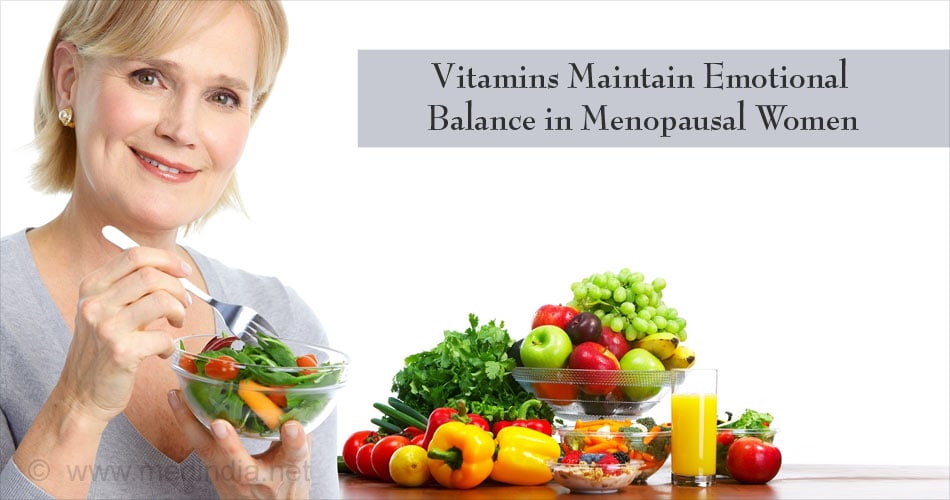
- Omega 3 fatty acids: Omega 3 and omega 6 fatty acids are called essential fatty acids as the body cannot synthesize them and must be got from food. Omega-3 fatty acids are beneficial to reduce the symptoms of depression and the occurrence of hot flashes in postmenopausal women. Omega-3 fatty acids also help support cardiovascular health. The best sources of omega-3- fatty acids are flax seeds, pumpkin seeds, fish oil, walnuts and fish such as sardines, salmon and anchovies.
It is difficult for women to manage family life, professional life as well as taking care of their health. This can make it difficult for women to make healthy food choices. But making wise food choices along with simple lifestyle changes can offer big benefits in terms of health. Eating right helps lower the risk of chronic diseases, have robust pregnancies, healthy babies and lead a good quality of life.









